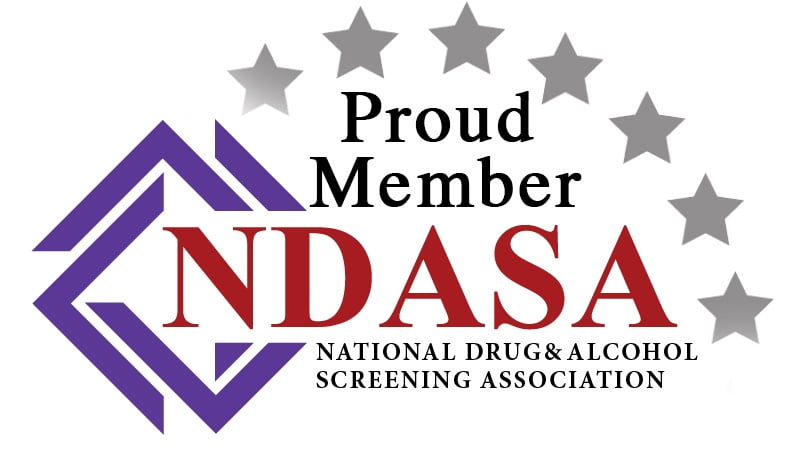Interview with Insurance Expert John Ganter

Q: What is your background, John?
A: For the past ten years, I have been assisting clients to think about risks within their organization in a different way. Using our analytics model, we demonstrate to clients how profitable they are to insurance carriers and identify specific areas for them to implement new, meaningful risk management strategies.
Q: Cannabis is now legal for recreational use in 21 states and in addition to 37 states that allow medical use. How has THC legalization affected or changed insurance for employers?
A: Its increased risk for multiple aspects, including workers’ compensation, auto liability, and employment practices liability. Employers must stay current on evolving legal developments and balance several changes to longstanding laws with their need to maintain safe workplaces.
Q: How does legalization affect workers’ compensation?
A: Most state workers’ compensation laws allow an employer to use an “intoxication defense” to dispute an employee’s claim of injury at work if the employee was intoxicated or impaired by alcohol, drugs, or medication at the time of injury. In some jurisdictions, the employer must prove that the intoxication or impairment was the sole cause of the injury to deny the claim. This makes the ability to test for recent marijuana use on-site paramount, coupled with training managers to spot and record signs of impairment. Your legal advisor can provide guidance on how to do this legally, with a proper drug-free workplace policy, including a sound drug-testing process that is enforced consistently.
Q: What about auto liability?
A: An employer could be held responsible for damage from an auto accident involving an employee who tests positive for marijuana. Employers may be held legally responsible if an employee injures someone or damages property due to being under the influence of THC while on the job. Some states that have legalized recreational marijuana have set limits on the amount of acceptable THC in blood tests when testing for driver impairment. The facts of an accident will ultimately determine whether an auto liability policy will provide coverage for an injury to another driver or damage to a third party’s car or other property.
Q: Has the ability to drug test employees for cannabis use changed from an employment practices liability standpoint?
A: Seven states have passed laws prohibiting adverse employment actions based on using recreational marijuana off the job and away from the workplace. These laws restrict the employer from taking adverse action on employees for using THC legally outside of work hours. Some states now require that employees exhibit signs of impairment before taking adverse action from a positive THC drug test.
Most of these new laws allow for testing in safety-sensitive positions or based on the drug test method, such as saliva-based testing. For example, in 2022, a federal judge in New York ruled that Amazon.com Inc did not violate New York City’s law barring employers from testing most workers for marijuana after the court found “sortation associate” jobs present a safety risk and are exempt from the prohibition.
Q: Where do you see employer insurance in the future amid cannabis legalization?
A: Insurance carriers hate two things, increased claims and uncertainty. Their response to those two things is to limit or restrict coverage and raise premiums. Employers that implement strategies to mitigate the risks associated with the legalization of marijuana not only create a safer workplace for their employees but reduce claims and remove the uncertainty of the underwriters.
Q: What are the key takeaways from today’s discussion?
A: Employers can feel confident about their ability to enforce marijuana workplace drug policies, and the policy should be reviewed and updated as appropriate. The ability to test employees for recent marijuana use on-site, coupled with training managers to spot and record signs of impairment, is critical to maintaining a safe workplace. Employers should work with their insurance and legal advisors to measure the potential impact on such risk management areas as workers’ compensation, workplace safety, and liability.
- https://www.cnet.com/news/politics/marijuana-laws-in-every-state/
- https://www.reuters.com/legal/transactional/amazon-can-screen-nyc-job-applicants-marijuana-judge-says-2022-04-12/
©2023 Ricovr Healthcare Inc.






